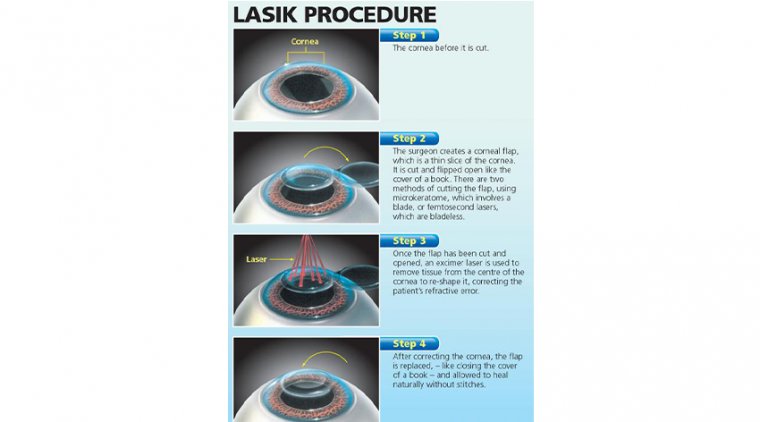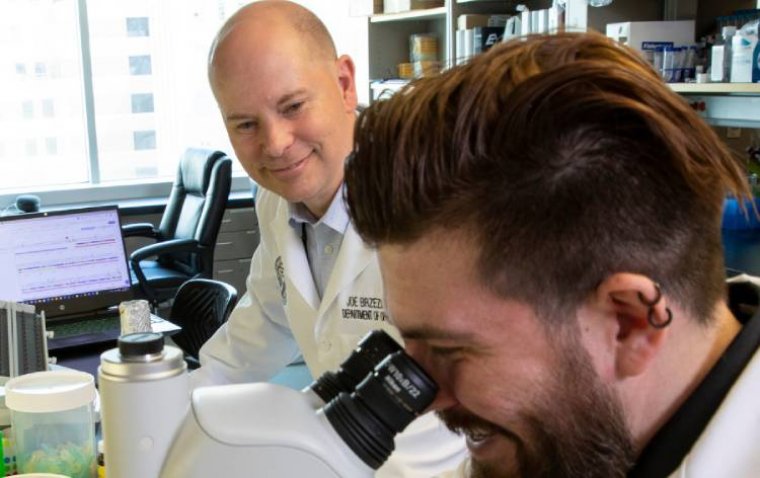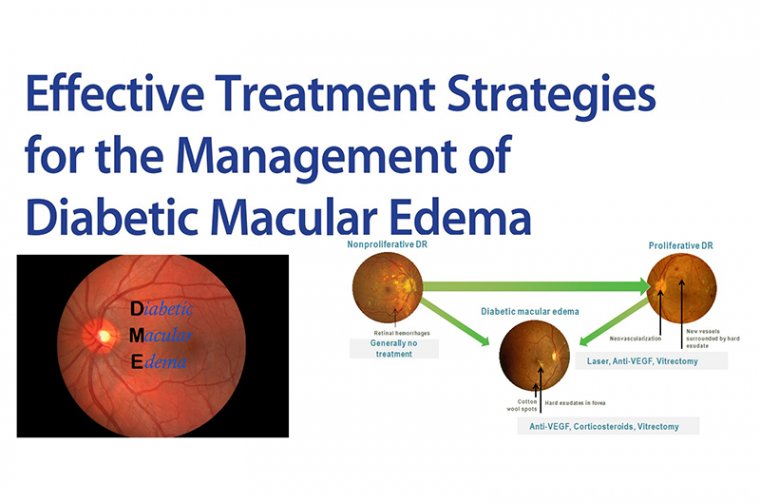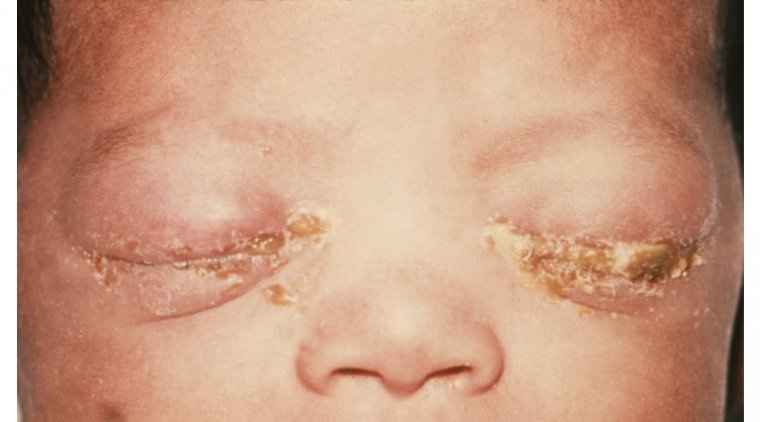
Preventing Blindness in Newborns: A Look at Ophthalmia Neonatorum
Ophthalmia neonatorum, also known as neonatal conjunctivitis, is an inflammation of the conjunctiva (the clear membrane covering the white part of the eye) that occurs in newborns. It is a serious condition that can lead to blindness if left untreated.
What Causes Ophthalmia Neonatorum?
Bacterial infection:
The most common cause of ophthalmia neonatorum is a bacterial infection, typically caused by the bacteria Neisseria gonorrhoeae or Chlamydia trachomatis. These infections can be acquired during delivery if the mother has untreated gonorrhea or chlamydia. These bacteria can cause serious infections in newborns, including conjunctivitis, which can lead to blindness if left untreated.
Chemical irritants:
Exposure to certain chemicals, such as silver nitrate or erythromycin, can also cause ophthalmia neonatorum. These chemicals are sometimes used in the eyes of newborns as prophylaxis against infection. However, if overused or not handled properly, they can cause irritation, burning, or redness in the eyes.
Symptoms of Ophthalmia Neonatorum
● Redness and swelling of the conjunctiva
● Discharge from the eyes
● Crusting and swelling of the eyelids
● Tearing
● Sensitivity to light
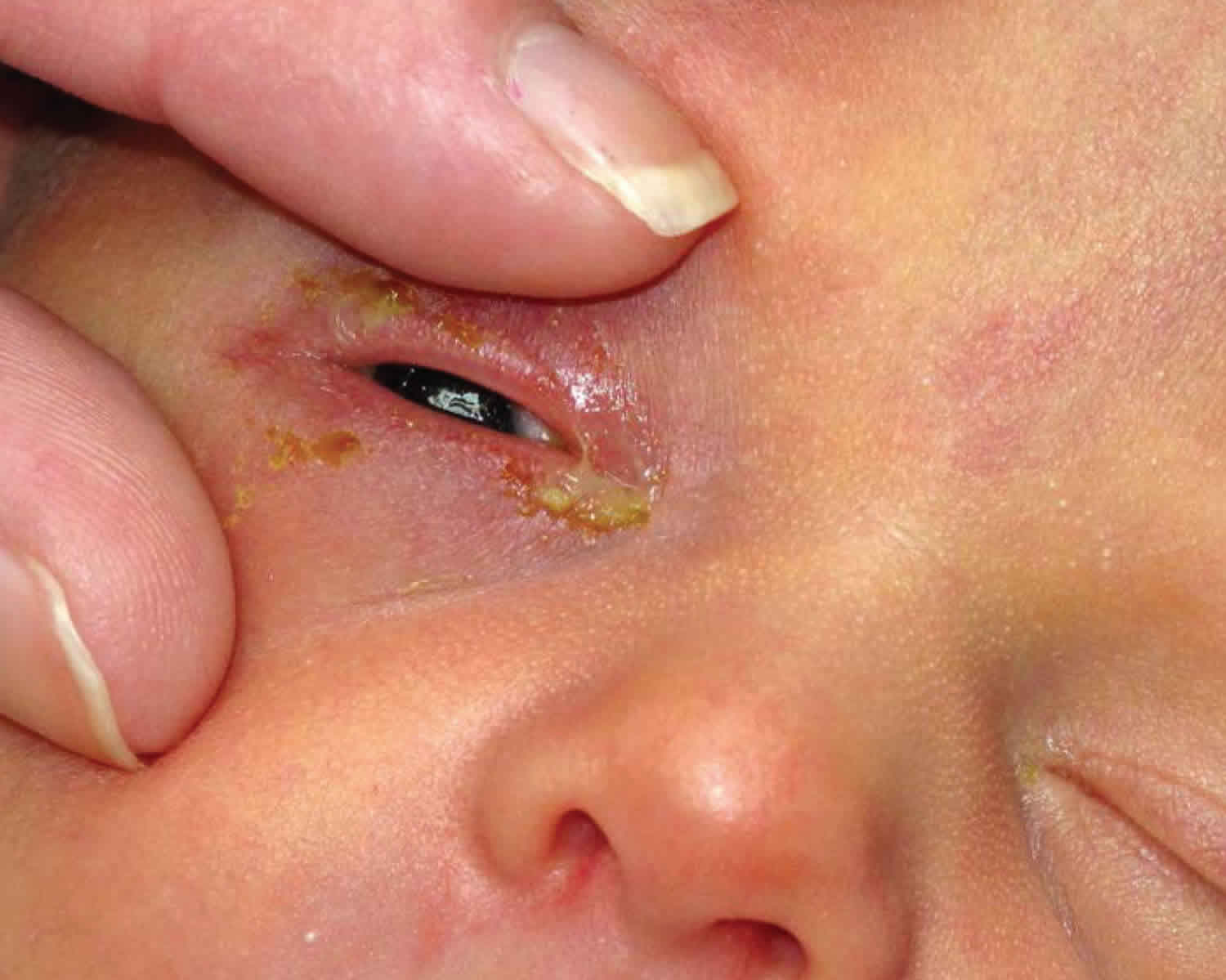
What Are the Predisposing Factors?
● Premature birth: Premature babies are more prone to infections, including ophthalmia neonatorum, due to their underdeveloped immune system and lack of protective mechanisms.
● A mother with a history of STIs: Women who have a history of sexually transmitted infections, particularly chlamydia or gonorrhea, have a higher risk of passing the infection to their newborns during delivery.
● A mother with poor hygiene: Poor hygiene can increase the risk of infection and the likelihood of passing it to the newborn.
● Prolonged labor: Prolonged labor can increase the risk of infection, as the longer the baby stays in the birth canal, the more likely it is to become infected.
● Delivery by vacuum extraction or forceps: The use of vacuum extraction or forceps during delivery can also increase the risk of infection.
How to Treat Ophthalmia Neonatorum
Antibiotics: The primary treatment for ophthalmia neonatorum caused by bacterial infection is antibiotics. These are usually administered as eye drops or ointment. It is important to follow the full course of treatment to avoid recurrence or antibiotic resistance.
Steroids: Steroid eye drops or ointment may be prescribed in addition to antibiotics to reduce inflammation and swelling.
Surgery: In some cases, surgery may be necessary to remove scar tissue or other complications that have developed as a result of the infection.
Conclusion
Ophthalmia neonatorum is a serious infection of the eyes that can occur in newborns. It is caused by bacteria, typically Neisseria gonorrhoeae or Chlamydia trachomatis, and can lead to blindness if left untreated. The best way to prevent ophthalmia neonatorum is to administer prophylactic antibiotic eye drops or ointment to newborns immediately after birth. Early detection and treatment is crucial in order to avoid severe complications. Parents and healthcare professionals should be aware of the signs and symptoms of ophthalmia neonatorum in order to take prompt action.
(1).jpg)
